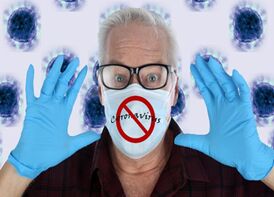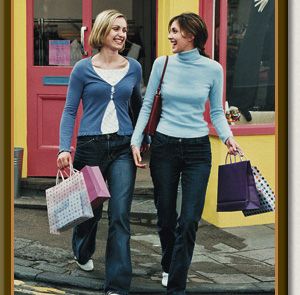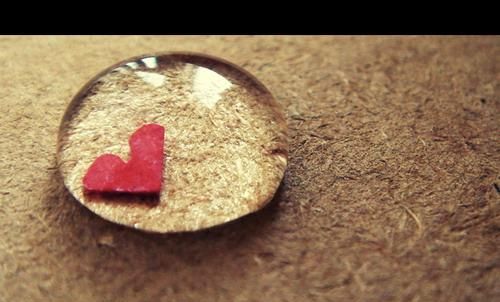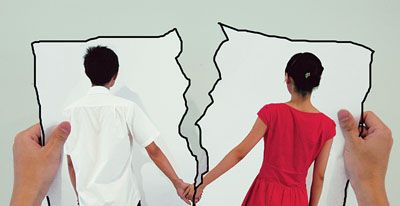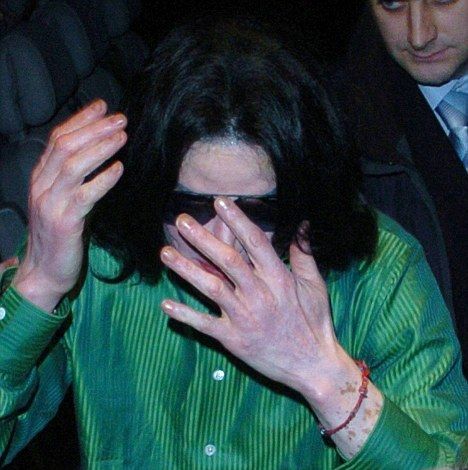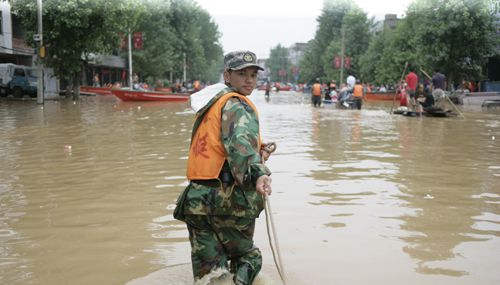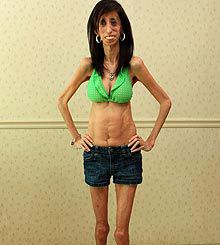世卫组织澄清13个关于新冠病毒的虚假传言
|
1. Hand dryers will not kill the coronavirus Hand dryers alone cannot kill coronavirus. Rumors have claimed using the hot air from the dryer for 30 seconds will rid any trace of the virus on your hands. Above all, people should focus on keeping their hands clean. 'To protect yourself against the novel coronavirus, you should frequently clean your hands with an alcohol-based hand rub or wash them with soap and water,' the WHO said. 'Once your hands are cleaned, you should dry them thoroughly by using paper towels or a warm air dryer.' 2. Ultraviolet lamps cannot sterilize the skin Ultraviolet lamps will not sterilize the skin. They could, however, cause skin irritation, the WHO warned. Long term, UV radiation which also comes from the sun can damage the DNA in cells, which in turn may lead to cancer. It's for this reason that tanning beds are advised against. Hospitals and laboratories often use ultraviolet UV light to kill microbes, but never use it around humans. 3. Eating garlic is not protective Garlic is a healthy food that may have some antimicrobial properties, the WHO said. However, there is no evidence from the current outbreak that eating garlic has protected people from the novel coronavirus. An online post went viral after claiming a bowl of boiled garlic water can cure the novel coronavirus. Facebook has since blocked the post because 'the primary claims in the information are factually inaccurate.' 4. Sesame oil doesn't block coronavirus from entering the body Contrary to rife rumors, rubbing sesame oil onto the skin won't block coronavirus from entering the body. The WHO said, 'No. Sesame oil does not kill the novel coronavirus.' This is because transmission is believed to occur when an infected person sneezes, and droplets land in a person's mouth or nose, or they inhale it from the air. Close contact with someone infected also raises the risk. According to the Center of Disease Control and Prevention, spread from person-to-person can happen from six feet apart. 5. Spraying alcohol or chlorine over your body will not get rid of the virus Once novel coronavirus is in your system, spraying substances like alcohol and chlorine on the skin will not be of any use. But generally, there are some powerful chemical disinfectants that can kill coronaviruses on surfaces, according to the WHO. These include bleach and chlorine-based disinfectants. They should not be used on the skin, as this can be dangerous. It is also not recommended to sniff it. They could be harmful to mucous membranes. The WHO said: 'Be aware that both alcohol and chlorine can be useful to disinfect surfaces, but they need to be used under appropriate recommendations.' 6. Thermal scanners won't always detect infected people Thermal scanners are being used worldwide at airports and railway stations. They can detect people with a fever - a temperature higher than normal. 'However, they cannot detect people who are infected but are not yet sick with fever,' the WHO said. It takes two to ten days before people who are infected become sick and develop a fever. In some people, it's taken 14 days. 7. Letters or packages from China do not carry coronavirus It is safe to receive packages from China, the WHO said. Analysis shows coronaviruses do not survive very long on objects - especially flying between countries. People questioned exactly how novel coronavirus spreads and if it can arrive by mail. There is nothing to suggest this is the case. 8. Pets can't get ill with coronavirus At present, there is no evidence that pets can be infected by coronavirus. Chinese nationals have made make-shift face masks for their cats who fear their felines could catch the deadly virus. Such measures are unnecessary, the WHO said. The agency added: 'It is always a good idea to wash your hands with soap and water after contact with pets. This protects you against various common bacteria such as E.coli and Salmonella that can pass between pets and humans.' 9. Vaccines against pneumonia won't protect against novel coronavirus Vaccines for novel coronavirus are still in the making and are unlikely to be finished in time to curb the current outbreak. Researchers across the world are racing to develop a drug with the WHO support. Jabs for pneumonia - which can be caused by novel coronavirus - will not work. These include pneumococcal vaccine and Haemophilus influenza type B (Hib) vaccine. 10. Saline nose spray won't protect you There is no evidence that regularly rinsing the nose with saline has protected people from infection with the novel coronavirus, the WHO said. Some evidence suggests the old wives tale can help people recover more quickly from the common cold because cells in the body use the chloride in salt to produce hypochlorous acid (HOCI) which is the active ingredient found in bleach. But there is nothing supporting the method against other respiratory infections, including the novel coronavirus. 11. Gargling mouthwash offers no protection Mouthwash cannot protect you from infection with the novel coronavirus. Some brands or mouthwash can eliminate certain microbes for a few minutes in the saliva in your mouth. 'However, this does not mean they protect you from novel coronavirus infection,' WHO said. 12. Young people can also get novel coronavirus Young people are also at risk of novel coronavirus, despite patterns showing the elderly are struck more often. Older people, and people with pre-existing medical conditions such as asthma, diabetes, heart disease, appear to be more vulnerable to becoming severely ill with the virus. WHO advises people of all ages to take steps to protect themselves from the virus, for example by following good hand hygiene and good respiratory hygiene. 13. Antibiotics will not treat novel coronavirus Novel coronavirus is a virus and, therefore, antibiotics should not be used as a means of prevention or treatment. Antibiotics only work against bacterial infections. 'If you are hospitalized for the novel coronavirus, you may receive antibiotics because bacterial co-infection is possible,' the WHO said. To date, there is no specific medicine recommended to prevent or treat the novel coronavirus. Some specific treatments are under investigation, and will be tested through clinical trials. |

